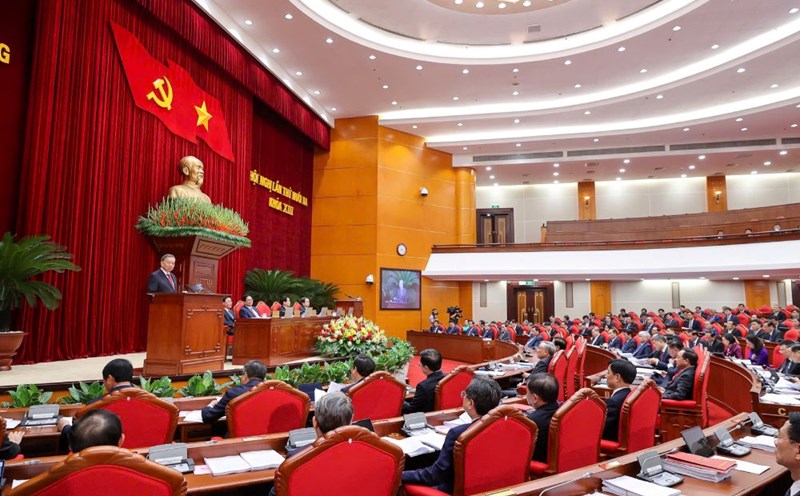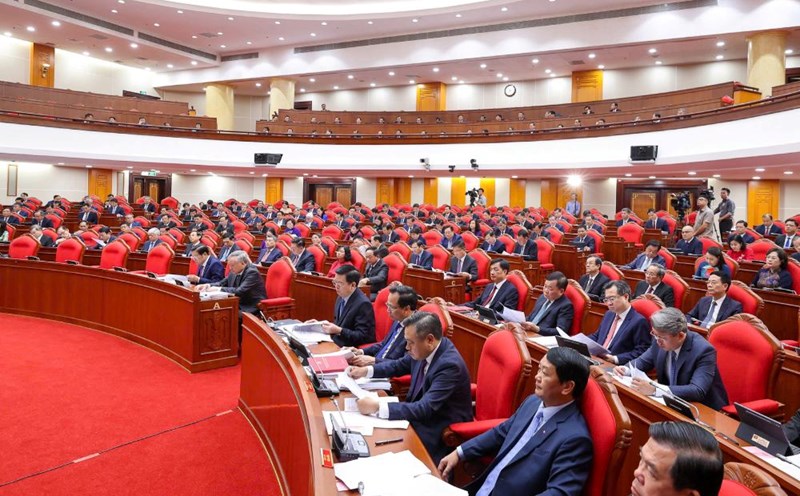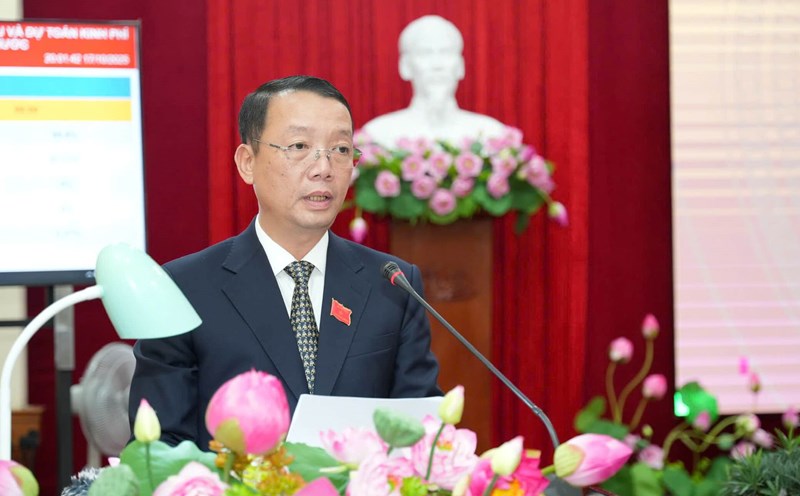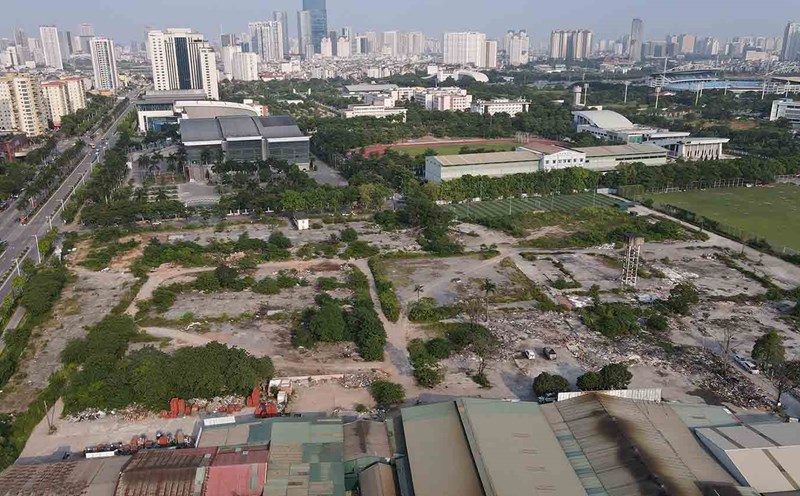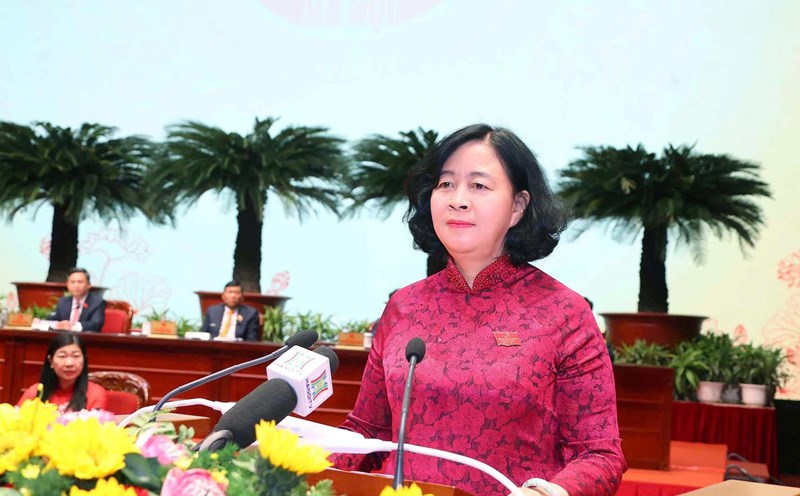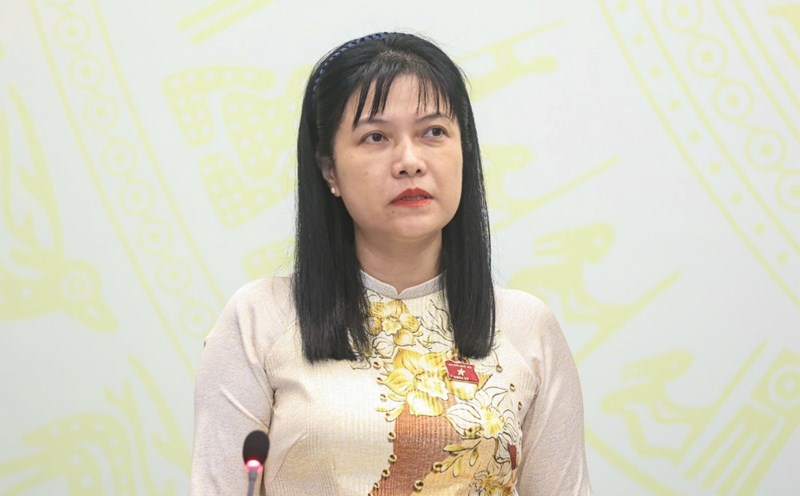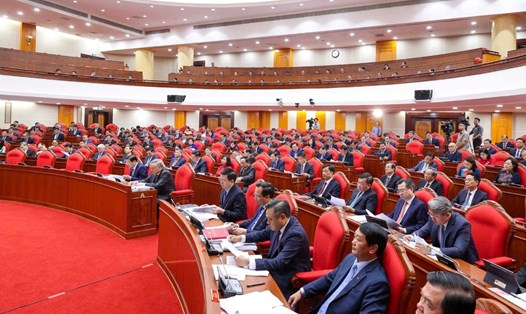The Politburo has just issued Regulation No. 377-QD/TW on decentralization of cadre management and planning, appointing, introducing candidates, temporarily suspending work, removing from positions, resigning, and dismissing cadres.
Implementing the motto of "mobile" and "open" planning
Regulation 377-QD/TW clearly states that cadre planning is an important step and regular task to promptly detect a source of qualified, capable, prestigious cadres with development prospects to have a plan for training, fostering, rotating, appointing, and creating a source of leaders and managers at all levels.
The determination of standards, structure, quantity, planning title, and forecasting the need to use cadres must come from the situation of the cadre team, the requirements for political tasks of agencies, units, and localities in each term and the orientation for the next term.
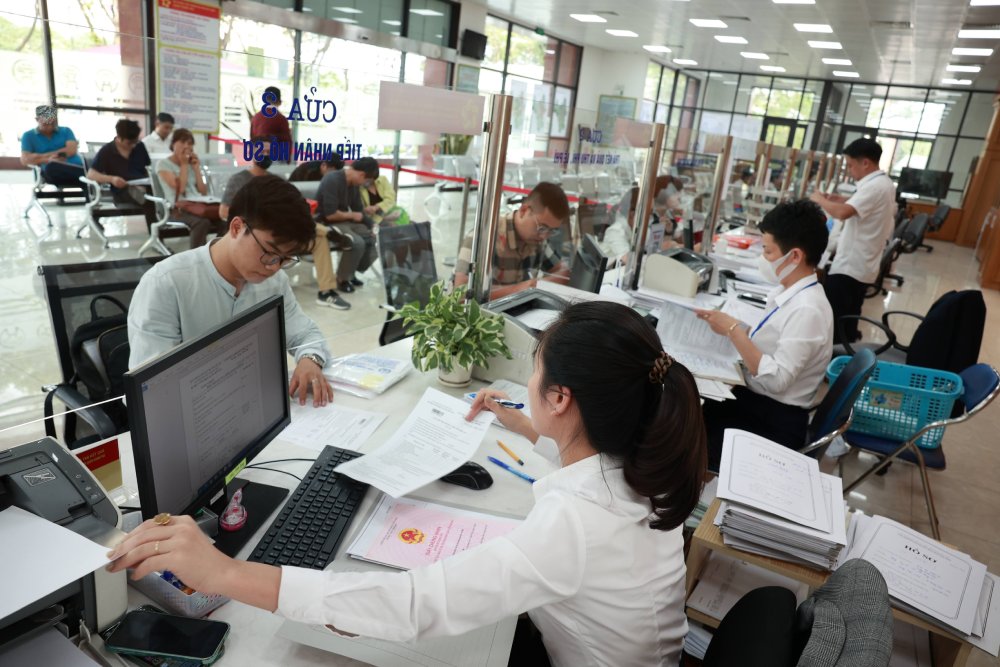
Implement the motto of "mobile" and "open" planning. Every year, evaluate and review to promptly remove from the planning cadres who do not meet standards and conditions, do not complete their tasks, violate Party regulations and State laws; add new factors from on-site human resources or human resources from other places that meet standards and conditions and have development prospects.
Cases not yet considered and not planned for cadres
Regulation 377 stipulates the planning for cadres who have violated, defeated or been disciplined or are in the process of investigation, inspection, examination, settlement of denunciations, complaints, and consideration of responsibilities. Accordingly, it is possible to consider planning higher positions for cadres if they ensure the standards and conditions according to regulations for 3 cases:
Firstly, there are violations and shortcomings that must be reviewed and learned from, but not to the extent that disciplinary action must be considered (due to direct responsibility or responsibility of the head or co-responsible person related and having completed the review or will require relevant individuals and Party committees to continue to correct according to the requirements in the conclusions of inspection, supervision, audit, investigation).
Second, there are violations and shortcomings that must be reviewed, responsibilities considered, and disciplined, but the competent authority decides not to discipline or not to issue disciplinary decisions due to expiration (if disciplinary action is a form of reprimand) due to direct responsibility or responsibility of the head or co-responsible person related to it and has completed the review and remediation as required in the conclusions of inspection, supervision, audit, and investigation.
Third, being disciplined with a reprimand or warning has expired.
The regulation clearly states that Party committees, Party organizations, and collective leadership of agencies and units, based on the situation of the staff, task requirements, analyze, evaluate objectively, cautiously, thoroughly, consider many aspects for each specific case of quality, capacity, reputation, and results of personnel work; causes, motives for violations, shortcomings (perfect, subjective) and nature, extent, impact, impact, and results that have been remedied (if any)... to consider, decide according to authority or report to competent authorities for consideration before implementing the planning process according to regulations.
Temporarily not consider the planning for cadres with information exchanged by competent authorities on personal responsibility in cases, incidents, and conclusions that competent authorities have investigated, inspected, and inspected but have not yet had official conclusions; or have a proposal from a competent authority to review and handle personal responsibility until the competent authority has an official conclusion; if there are violations and shortcomings, they will be reviewed and handled in accordance with regulations.
No planning for cadres who are in the process of handling complaints and denunciations (there has been a decision to establish a disciplinary team to handle complaints and denunciations), being disciplined when there are signs of violations or being considered and disciplined; cadres who are in the process of being disciplined; Cadres who are concluded by competent authorities to have violated political viewpoints and principles of Party organization and operation, running for office, running for office in cadre work, taking advantage of positions and powers for personal gain, regulations on exemplary responsibility, negatively affecting the reputation of the Party organization and causing public outrage.

